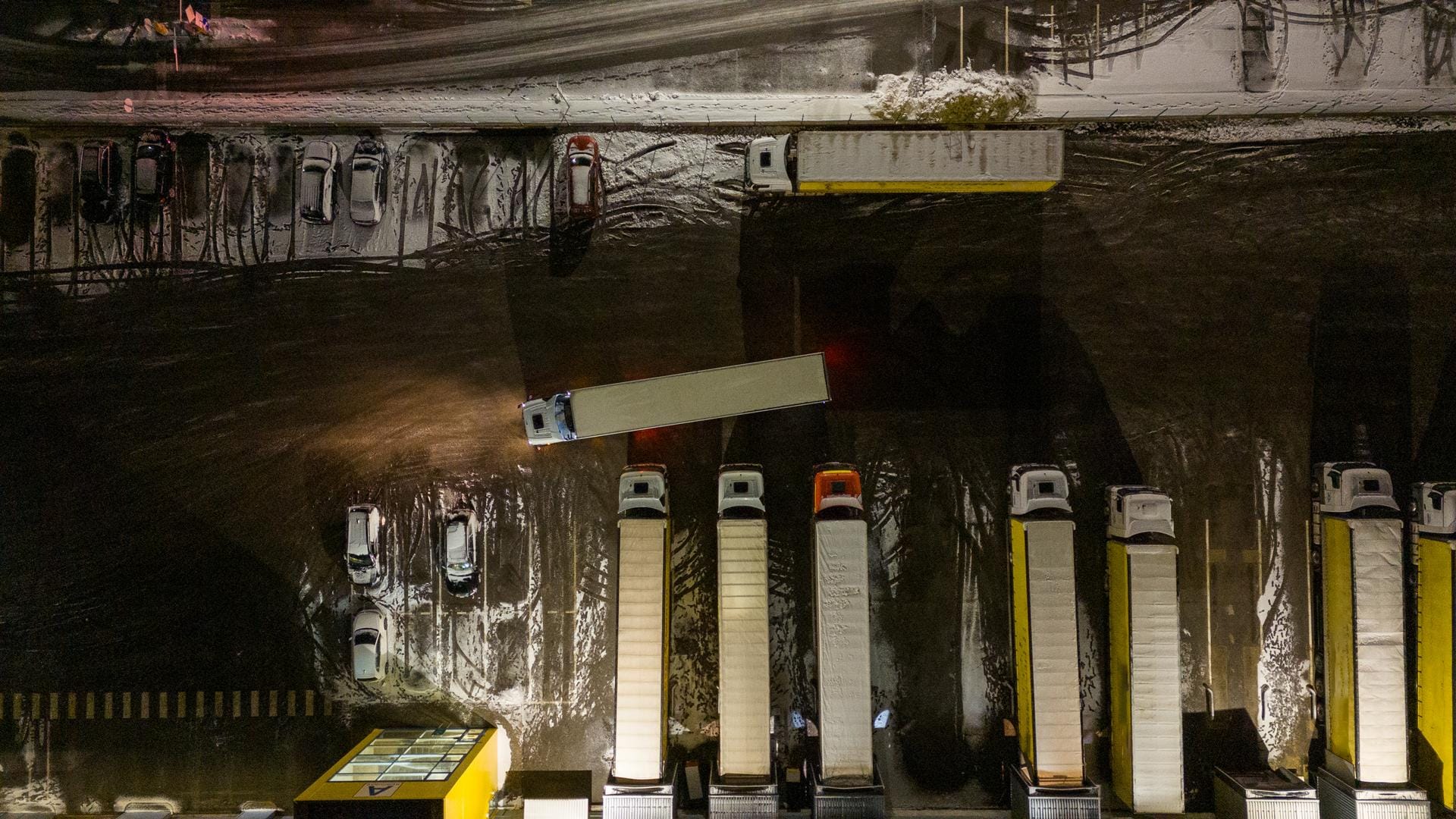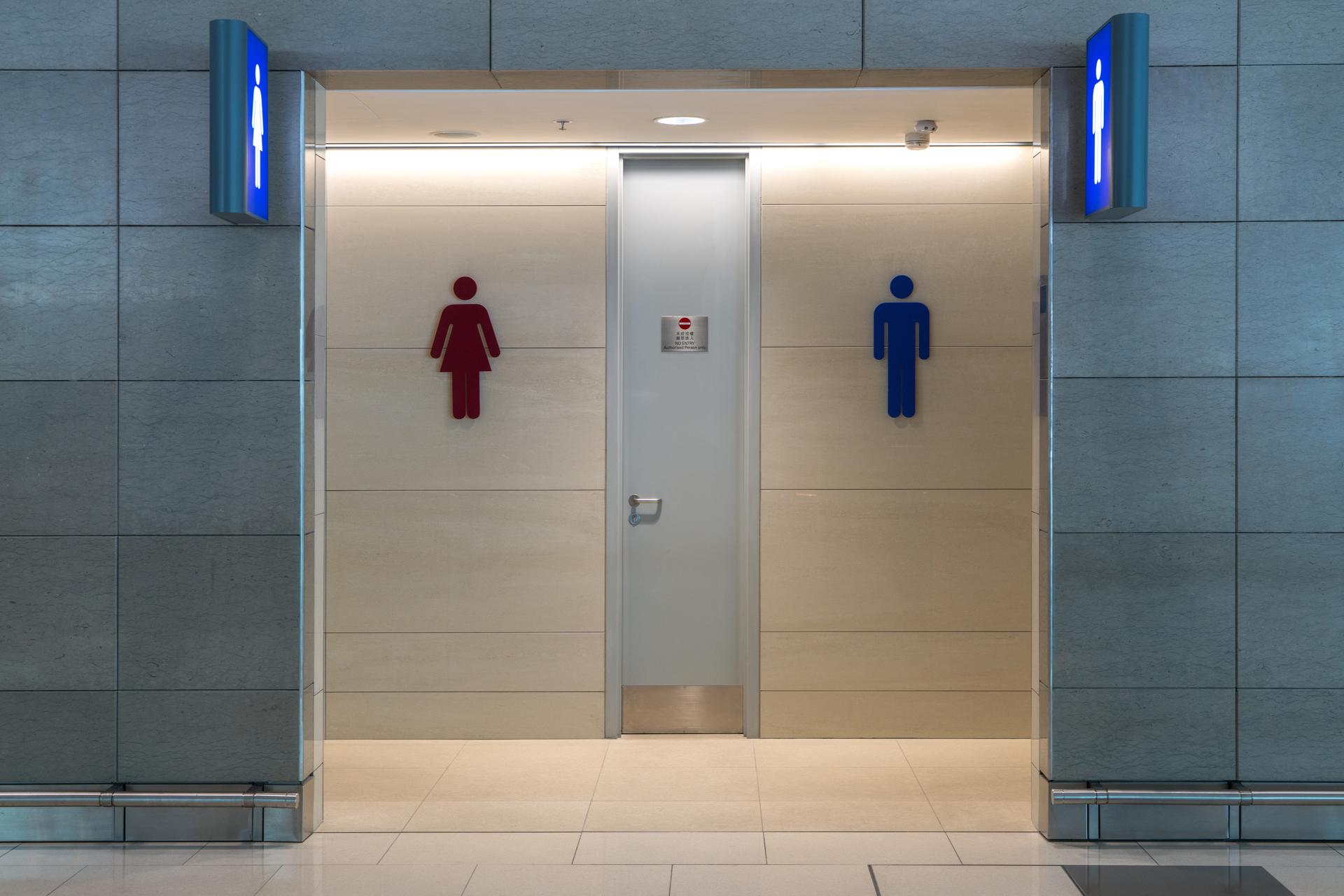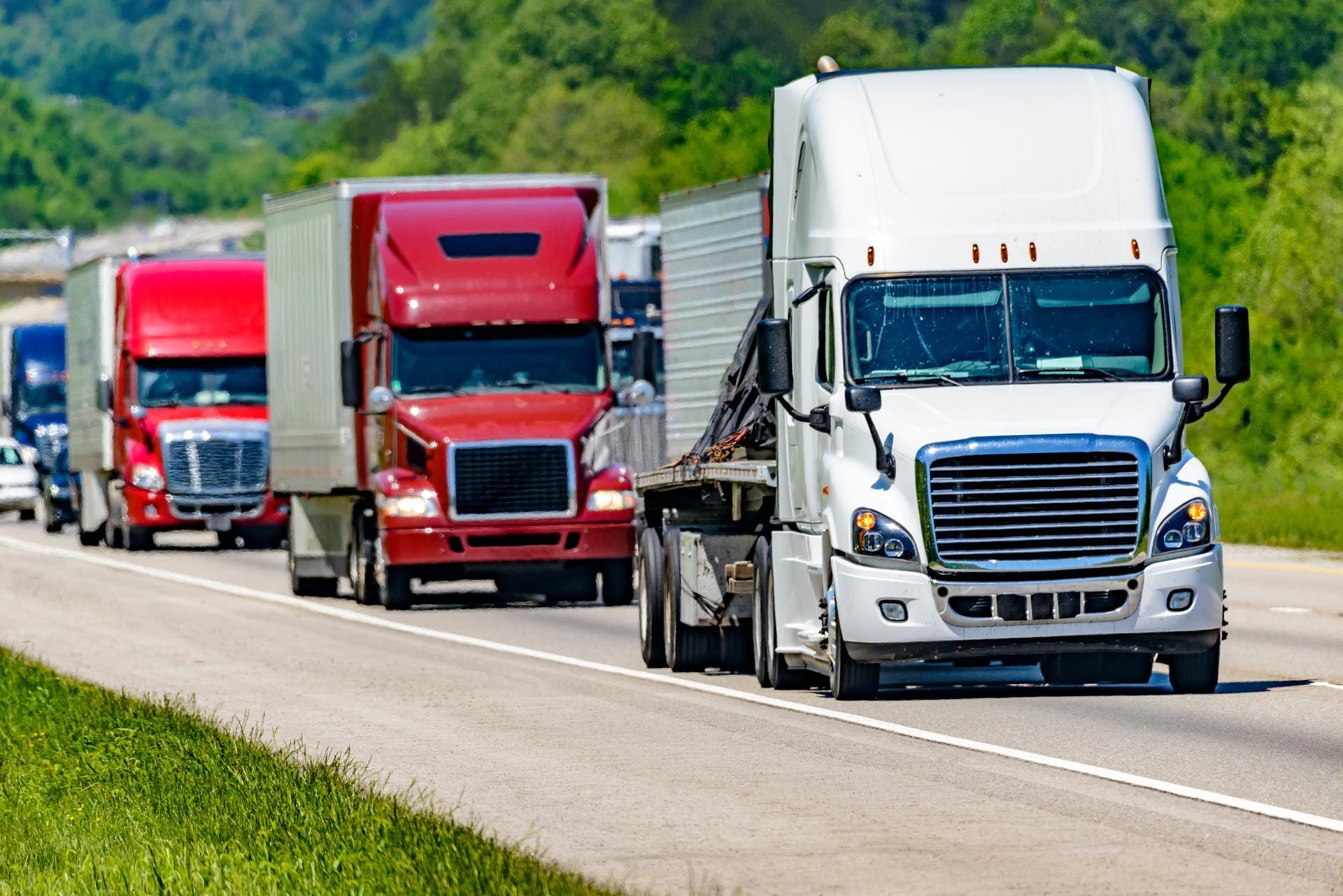Debate Highlights: How Trump or Harris Could Shape Trucking
Plus: Could the next president bring changes to trucking regulations?


Insiders - Last night’s presidential debate between Vice President Kamala Harris and former President Donald Trump captured the nation's attention, and the trucking industry is no exception.
During their 90 minutes on stage the two sparred on important issues affecting Americans. Their positions could have major consequences for domestic policies that directly affect the industry, from labor issues to regulatory measures.
Today we bring you a special report about important legislation that could be influenced heavily by the next administration.
Let's get into it.
Bianca Prieto, editor

Trucking leaders are hopeful that the next president will back crucial legislation still in committee.
George O’Connor of the Owner-Operator Independent Drivers Association stressed the need for bipartisan cooperation, noting that “we work across the aisle all the time” to advance the industry’s goals.
Neither Trump (who never served in public office before becoming president in 2016) nor Harris (a former U.S. senator from California) have a voting history on trucking-specific legislation.
Trump’s broader approach to trucking regulations during his administration focused on deregulation and reducing industry burdens. His administration implemented policies to roll back or delay regulations that were seen as restrictive to the trucking industry, such as relaxing hours-of-service (HOS) rules for truck drivers. These policies were aimed at improving operational flexibility and reducing costs for businesses
But industry leaders hope that whoever wins in November will support trucking-related legislation.
Three bills of concern are the Truck Parking Safety Improvement Act
The Trucker Bathroom Access Act, and the Deregulating Restrictions on Interstate Vehicles and Eighteen-Wheelers Act.
Since none of the bills have reached a floor vote, each must be re-introduced in 2025 when a new Congress convenes.

Truck Parking Safety Improvement Act
Status: The bill remains in the House Transportation and Infrastructure Committee; it has yet to make it to the House floor for a vote.

★ What it is:
The Truck Parking Safety Improvement Act “directs the Department of Transportation (DOT) to provide competitive grants for projects that provide public parking for commercial motor vehicles” so truckers may comply with federal regulations regarding hours of service. The bipartisan bill seeks to remedy this by allocating $755 million over three years to build additional parking facilities and upgrade existing ones across the country.
★ Introduced by:Rep. Mike Bost (R-Ill.), co-sponsored by Rep. Angie Craig (D-Minn.).
★ Why it’s important: Drivers routinely plan their travels to know where legal rest areas and truck stops are located, O’Connor said, but if the lots are full when they arrive they must find somewhere else to park.
“If you're out of hours, you got nowhere else to go,” O’Connor said. “Otherwise, if you keep going down the road, you're in violation of your hours of service.”
Often truckers are forced to park on the shoulder of an on-ramp or off-ramp of an interstate highway — or in lots where some truckers have been “booted” for illegal parking.
The issue is not only about rest. It’s about public safety as well. During the summer of 2023, a Greyhound bus slammed into the rear of a tractor-trailer packed behind two other rigs on the shoulder of an off-ramp to a rest area. At least three people were killed and more than a dozen injured. The National Transportation Safety Board is still investigating.
Bost told The Inside Lane that expanding parking options for truckers will make roads safer for all motorists. “Unfortunately, a lot of attention has been diverted away from this issue due to the current state of the economy and the nation’s federal budget,” Bost said.
While the bill enjoys bipartisan support in both the House and Senate, with Senators Cynthia Lummis (R-Wyo.) and Mark Kelly (D-Ariz.) introducing a corresponding bill, some skeptics question whether it will be enough to fully resolve the parking crisis. Nonetheless, the legislation represents a significant step forward in addressing what has become a critical issue for the trucking industry and public safety.
Read more: America's Truck Parking Crisis (Inside Lane)
Trucker Bathroom Access Act
Status: The bill remains in the House Transportation and Infrastructure Committee; it has not yet made it to the House floor for a vote.

★ What it is: The Trucker Bathroom Access Act “requires certain retailers, warehouses, and other establishments to give commercial truck drivers access to existing restroom facilities when they are loading or delivering cargo or waiting to load or transport cargo.” It aims to ensure that truck drivers have access to restroom facilities while picking up or delivering cargo at places like retailers, warehouses, and ports. The legislation doesn't require businesses to build new restrooms, but mandates that truckers be allowed to use existing facilities available to employees or customers.
★ Introduced by: Rep. Troy E. Nehls (R-Texas), co-sponsored by Rep. Chrissy Houlahan (D-Pa).
★ Why it’s important: Drivers are often waiting hours to be loaded or unloaded. Without access to restroom facilities, drivers have few options. “I never thought we’d be sitting here in the House of Congress of the greatest nation in the world, giving people the right to use the restroom when they’re trying to do their job,” said Lewie Pugh, executive vice president of OOIDA, when testifying before the House Transportation and Infrastructure Committee earlier this summer.
In a released statement, Nehls said: “Due to the COVID-19 pandemic, facilities across the country have shut down their bathrooms, which has caused essential employees, like our truckers, not to have access to use the restroom” whether on the road or awaiting loading or unloading.
The legislation has gained support from key organizations such as the Owner-Operator Independent Drivers Association (OOIDA) and the Women In Trucking Association (WIT), emphasizing that basic access to restrooms is essential for the well-being of drivers, particularly as more women enter the trucking industry.
Watch more: Lewie Pugh's testimony regarding bathroom access (OOIDA)
Deregulating Restrictions on Interstate Vehicles and Eighteen-Wheelers Act
Status: It has been read twice and referred to the Senate Committee for Commerce, Science and Transportation.

★ What it is: The Deregulating Restrictions on Interstate Vehicles and Eighteen-wheelers Act, also known as DRIVE Act, would prohibit the Federal Motor Carrier Safety Administration from issuing any rule or regulation that would federally mandate the use of speed-limiters on vehicles with a gross vehicle weight of more than 26,000 pounds and which operate in interstate commerce.
★ Introduced by: Sen. Steve Daines (R-Mo.), co-sponsored by Sen. John Thune (R-S.D.).
★ Why it’s important: Some contend the use of speed-limiters, also referred to as “governors,” can be unsafe, because they restrict a trucker’s ability to travel within the flow of traffic. Others claim speed-limiters prevent truckers from speeding. “Out-of-touch mandates from Washington (such as regulations that require speed-limiters) often do the opposite,” said Daines in a released statement.
Read more: Speed Limiters pushed to 2025 (CCJ Digital)
Other Legislative Needs
The needs of the trucking industry are too many to count. They range from matters such as broker-related issues, what the industry calls over-regulation, driver retention, driver training, driver compensation, hours of service reform, and other concerns.
Like all types of legislation, navigating roadblocks to get a bill passed requires patience, determination, and the all-crucial bipartisanship. “Regardless of who is in the White House or who controls Congress,” O’Connor said, an organization that ignores bipartisanship “is doomed to failure.”
-Written by Skip Lackey
Interested in more debate coverage? Check out these articles that covered the event.
- The most notable - and quotable - exchanges from the Harris Trump Debate (Associated Press)
- Fact-checking Kamala Harris and Donald Trump’s first 2024 presidential debate (PolitiFact)
- Harris puts Trump on defensive in combative debate (Reuters)

If you enjoy The Inside Lane newsletter, consider sharing it with a colleague. (Copy the URL here).
I'd love to hear from you. Submit your news, photos or just say hi by emailing me. Be safe out there!
Not yet a subscriber? Join here.


Comments ()